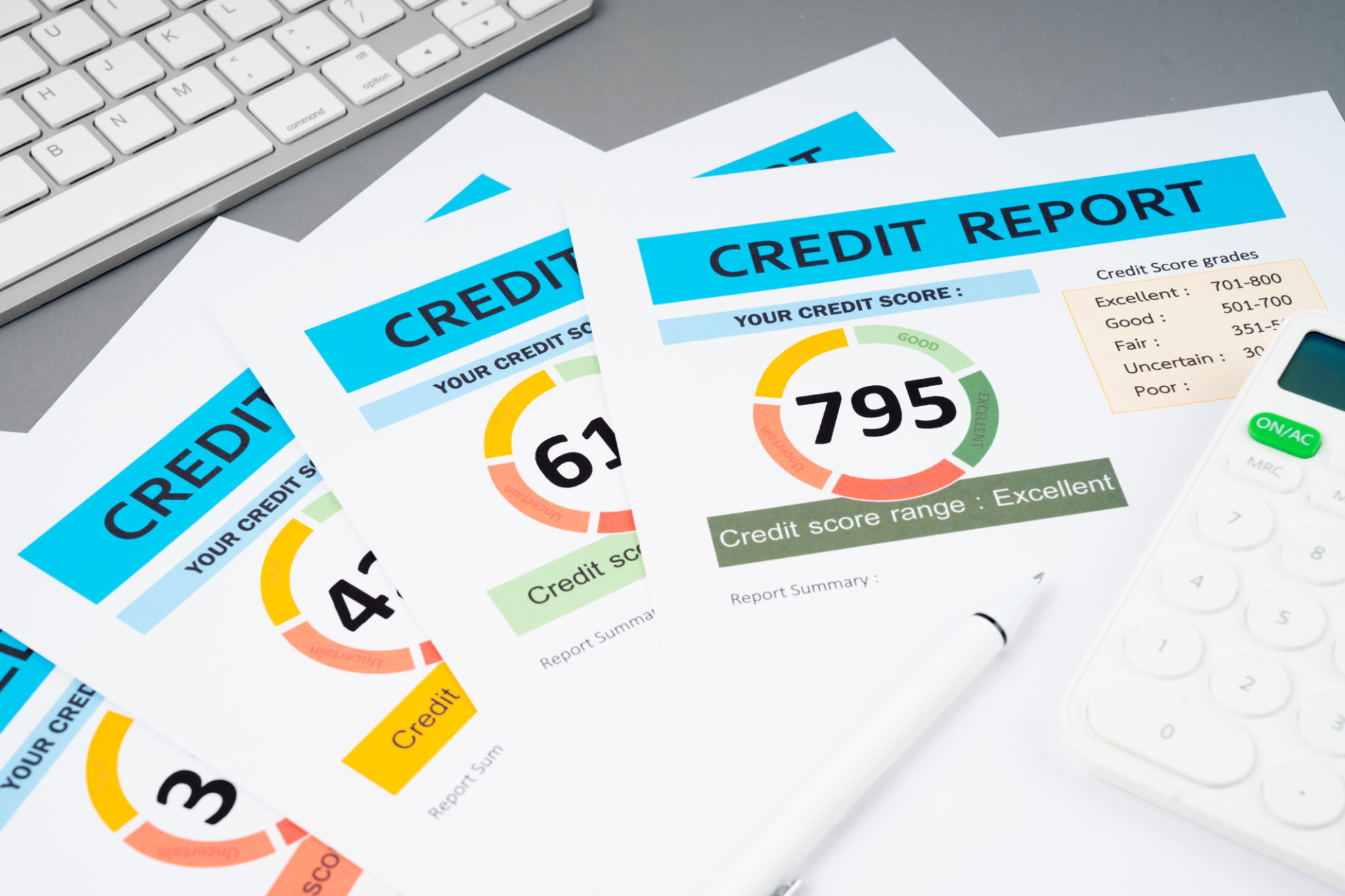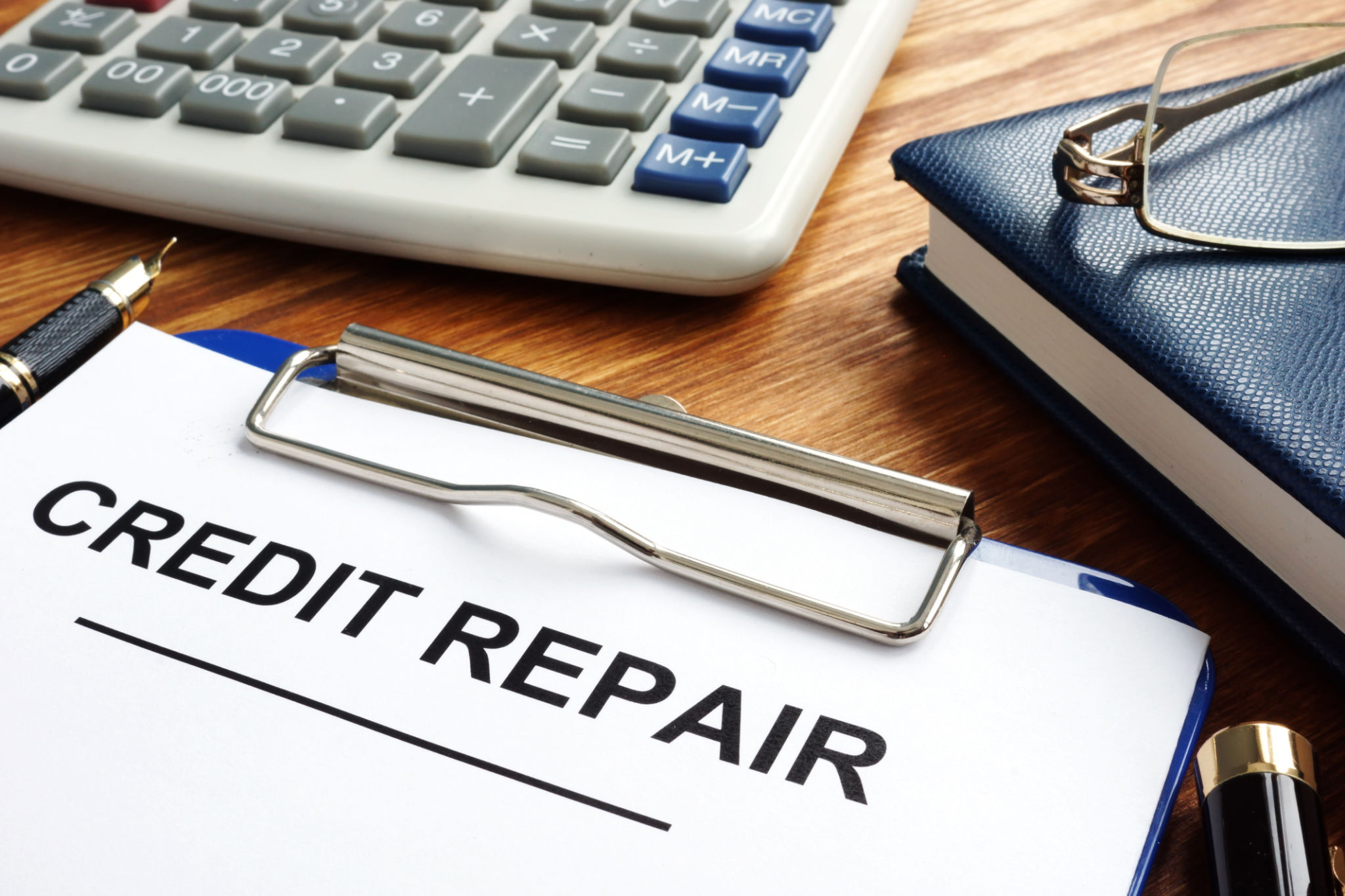DIY Credit Repair: Easy Steps to Boost Your Credit Score
Improving your credit score can seem like a daunting task, but with a little effort and know-how, you can take control of your financial future. A higher credit score opens doors to better interest rates, loan approvals, and even job opportunities. Here are some easy steps you can follow to repair your credit on your own.
Understand Your Credit Report
The first step in repairing your credit is to understand what’s actually on your credit report. You can request a free copy of your credit report from each of the three major credit bureaus—Experian, Equifax, and TransUnion—once a year. Review these reports carefully to identify any errors or areas that need improvement.
Look for common errors such as incorrect personal information, accounts that don’t belong to you, and outdated negative information. If you spot any inaccuracies, you’ll need to dispute these with the credit bureau in question.

Dispute Inaccuracies
Disputing errors on your credit report is a crucial step in repairing your credit. You can dispute inaccuracies by writing a letter or submitting an online complaint to the credit bureau that issued the report. Clearly state the error, provide evidence to support your claim, and request correction or removal.
The credit bureau is required to investigate your dispute within 30 days. If the dispute is resolved in your favor, they will correct or remove the inaccurate information from your report, which can lead to an immediate boost in your credit score.
Keep Track of Your Progress
As you work on disputing errors, it’s essential to keep track of your progress. Maintain a file with copies of your credit reports, dispute letters, and any correspondence with the credit bureaus. This will help you stay organized and ensure that your disputes are being handled properly.

Pay Your Bills on Time
Paying bills on time is one of the most important factors in maintaining a good credit score. Late payments, even if only a few days overdue, can negatively impact your score. Set up reminders or automatic payments to ensure you never miss a due date.
If you’re struggling to pay bills on time due to financial hardships, contact your creditors immediately to discuss possible payment arrangements or extensions. Most creditors are willing to work with you if they understand your situation.
Reduce Your Debt
High levels of debt can significantly impact your credit score. Aim to reduce outstanding balances by paying more than the minimum payment each month. Focus on paying off high-interest debts first while maintaining minimum payments on others.

Avoid New Credit Applications
Each time you apply for new credit, a hard inquiry is recorded on your credit report, which can lower your score temporarily. Avoid applying for new credit unless absolutely necessary while you're working on repairing your score.
If you do need to open a new account, consider using a secured credit card. These cards require a deposit that serves as your credit limit and can be an excellent way to build or rebuild credit responsibly.
Monitor Your Credit Regularly
Finally, keep an eye on your credit score and report regularly. This will help you track improvements and catch any new errors before they become significant issues. Use free tools or services that provide regular credit monitoring to stay informed about your financial health.
By following these steps and maintaining good financial habits, you'll be well on your way to improving your credit score and securing a brighter financial future.